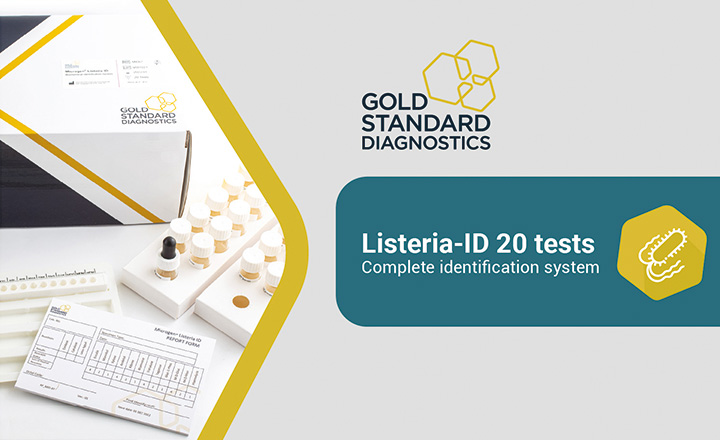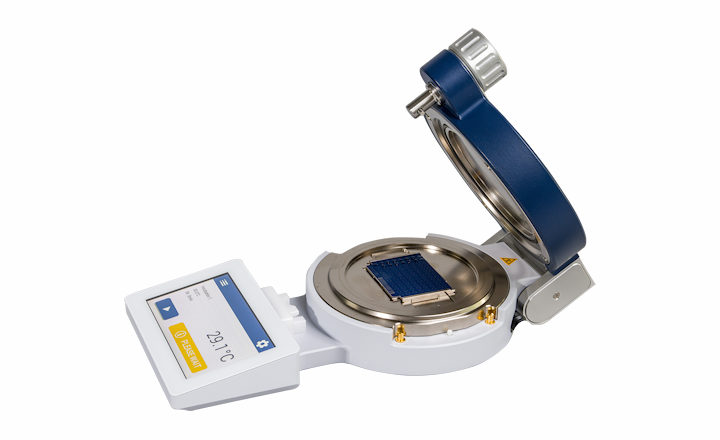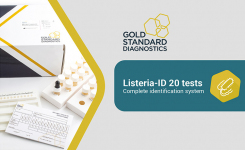The latest Software Version 2.9 enables highly accurate sequencing of long 16S ribosomal RNA amplicons for more precise taxonomic assignment of organisms in microbial surveys
The latest software enables sequencing of amplicons up to 800 bp while maintaining >99% accuracy over the length of the read. High quality sequencing of even longer amplicons up to 1,100 bp has been successfully demonstrated in early access testing. The long read improvements allow researchers to obtain more complete coverage of target gene regions using fewer amplicons, both simplifying experimental design and improving the biological relevance of sequencing results.
Long amplicon read lengths are critical for a variety of targeted sequencing applications including human gene sequencing and viral drug resistance studies as well as microbial community analysis. Early results of targeted sequencing of 16S and 18S ribosomal RNA genes to accurately profile mixed communities have shown that the extended amplicon read lengths allow coverage of more variable regions in a single read. This results in more precise taxonomic assignment of organisms down to the genus and even species level, which is of particular importance for microbiome studies in clinical research.
Early access testing of the latest GS FLX+ software v2.9 was led by prominent researchers in the metagenomics field who also have optimized popular open source microbial community profiling tools QIIME and mothur for the latest long read data.
"The new software for the GS FLX+ System will enable researchers to obtain considerably longer sequence reads from 16S rRNA gene amplicons without sacrificing data quality," explained Patrick Schloss, PhD, Assistant Professor at the University of Michigan and author of mothur. "This is a great advance for microbial ecologists since it will enable them to get better taxonomic classification of their data."























